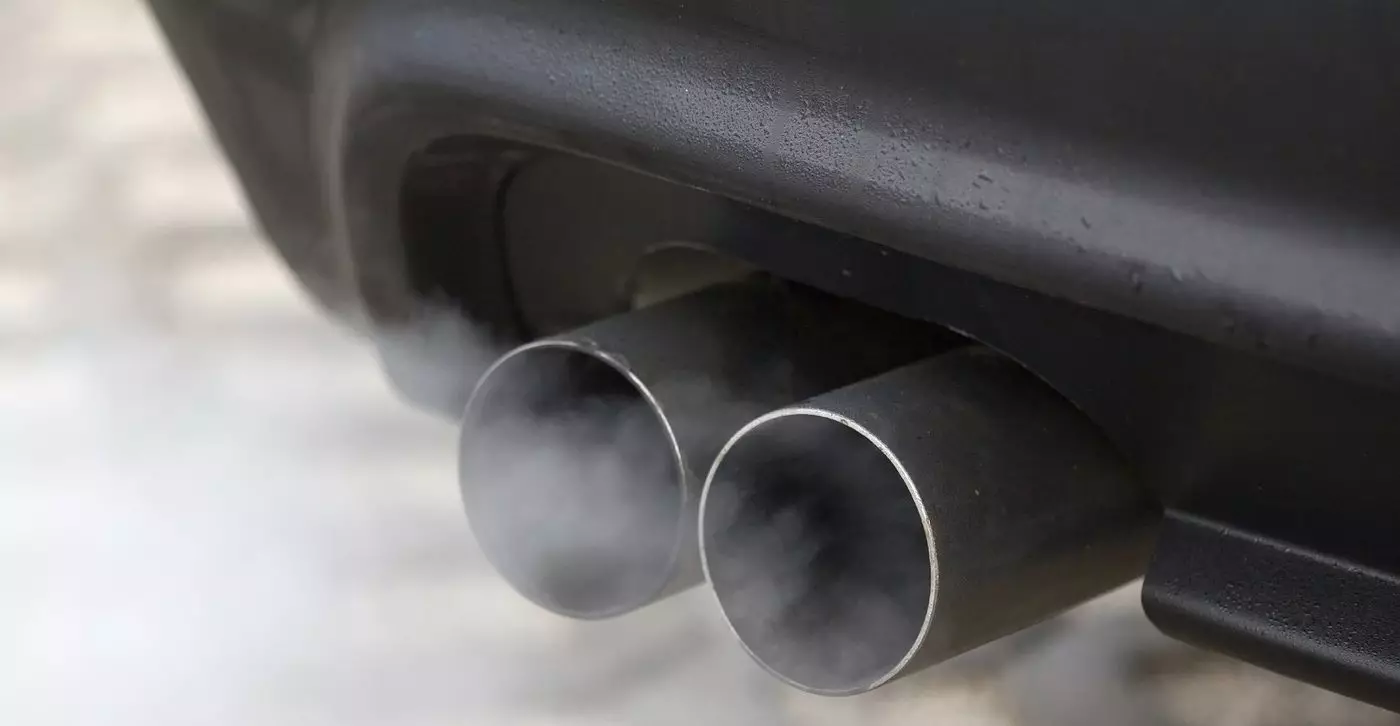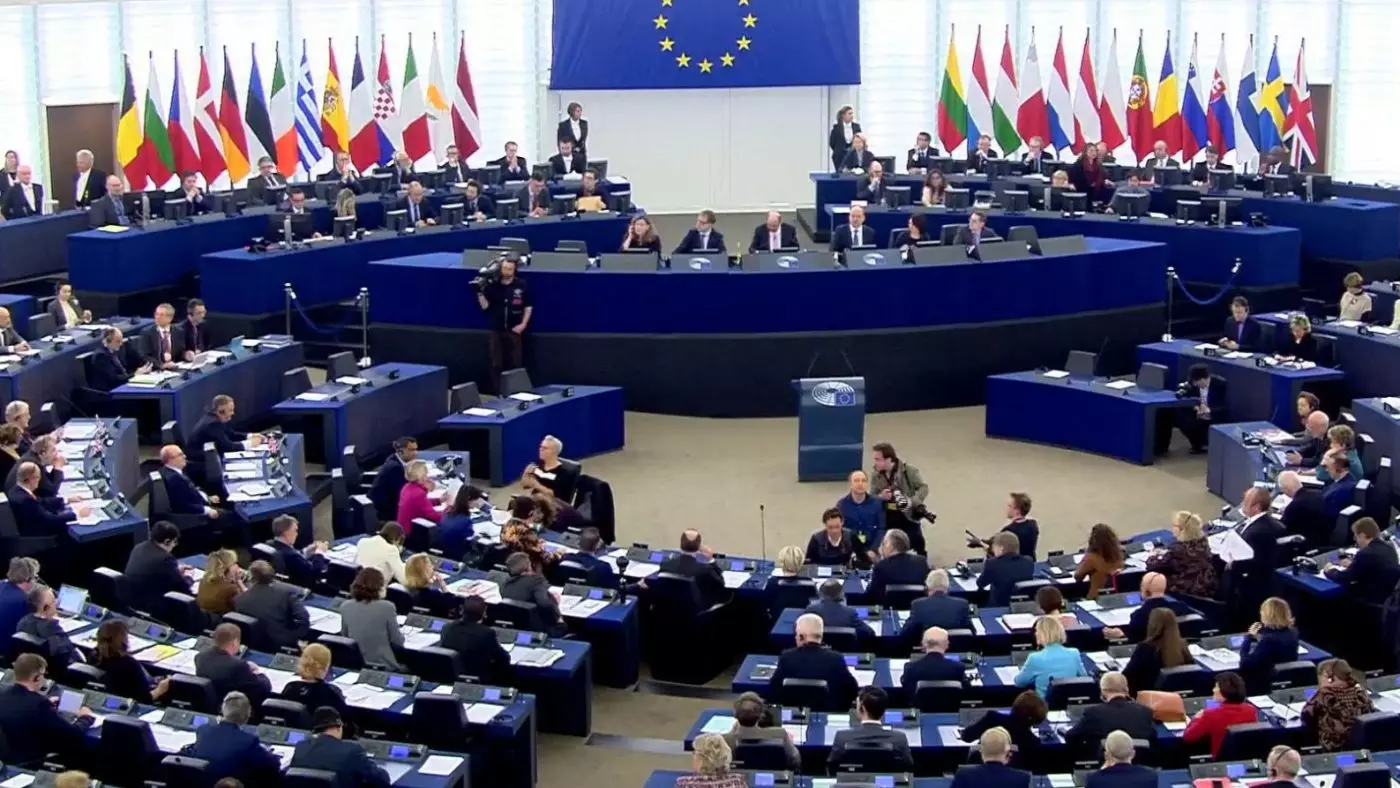Last Tuesday, the European Parliament put forward a stricter bill regarding the approval of emissions from new vehicles for sale in the European Union. The proposal aims to address conflicts of interest between national regulatory authorities and car manufacturers. The intention is to avoid future discrepancies in the measurement of emissions.
The bill received the favorable vote of 585 deputies, 77 against and 19 abstentions. Now, it will be finalized in negotiations that will involve regulators, the European Commission, member states and builders.
What is it about?
The proposal approved by the European Parliament proposes that car manufacturers stop paying directly to test centers to certify the consumption and emissions of their vehicles. This cost may be borne by member states, thus breaking the close relationships between builders and test centers. It is not excluded that this cost is borne by the builders through fees.
If fraud is detected, regulatory bodies will have the ability to fine the builders. The revenue from these fines could be used to compensate car owners, increase environmental protection measures and reinforce surveillance measures. The values discussed imply up to 30,000 euros per fraudulent vehicle sold.

On the side of the Member States, they will have to test at national level at least 20% of the cars placed on the market every year. The EU could also be given the power to carry out random tests and, if necessary, issue fines. Countries, on the other hand, will be able to review each other's results and decisions.
NOT TO BE MISSED: Say 'goodbye' to Diesels. Diesel engines have their days numbered
In addition to these measures, measures were also taken with a view to improving air quality and adopting emissions tests closer to reality.Some cities such as Paris or Madrid have already announced plans to increase restrictions on car traffic in their centres, especially on cars with diesel engines.
Later this year, new homologation tests will also be implemented - the WLTP (World Harmonized Test for Light Vehicles) and the RDE (Real Emissions in Driving) - which should produce more realistic results between official consumption and emissions and those that may be reached by drivers on a daily basis.
Expectations and missed opportunity.
Due to the fact that it does not have a legal bond, much of what is present in this bill may change after the negotiations.
Environmental associations complain that one of the main recommendations of a report by the European Parliament itself was not followed. This report suggested the creation of an independent market surveillance body, similar to the EPA (US Environmental Protection Agency).

The encirclement tightens for Diesel engines. Between more demanding standards and future traffic restrictions, Diesels will have to find their successors in gasoline semi-hybrid solutions. A scenario that should be visible, above all, in the beginning of the next decade, mainly in the lower segments.
